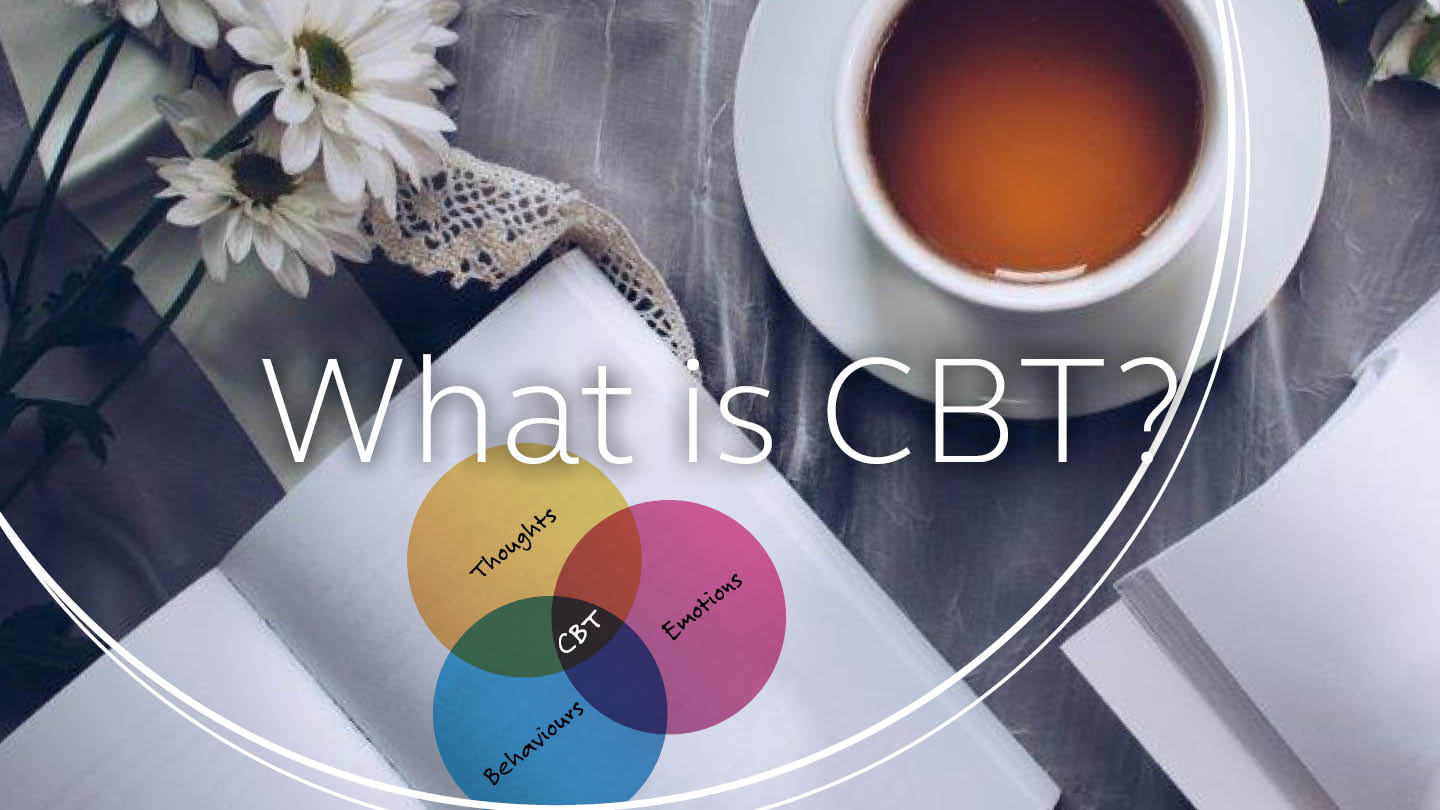You can ask anyone who suffers with an addiction; “why do you do what you do?”, and the response will often be linked to emotions; boredom, stress, loneliness, happiness or unhappiness.
However, a lot of the time the resolutions we put in front of people are physical; for cigarettes, we suggest a patch, for obesity, we tell people to eat less and move more, for anxiety, we say to keep ourselves busy by doing something else.
Put those lists side by side, the problem becomes clear: the reasons we give in to our addictions are so often linked to our emotions, and yet the solutions we employ to beat them are mostly related to the physical.
Our minds are hugely powerful tools and what we think affects how we feel, act and behave. By learning how to be more aware of the control you have, both physically and mentally, you will be able change any aspect of your life, including your relationship with food.
Acknowledging, and then changing, these habits is not easy, and it does not happen overnight. One of the most popular tools that you can use to address negative habits is cognitive behavioural therapy (CBT).
How does it work?
CBT is ultimately a range of methods and techniques to challenge crooked thinking and to develop an understanding of what is going on behind your thoughts and actions. It’s about getting to understand yourself more, to acknowledge your negative patterns and behaviours so you can stop them. This will lead to making less of the mistakes which you are making.
When it comes to addiction, on the surface, you know what you’re doing isn’t going to help. When you’re an alcoholic, you can ask yourself the question “should I have a drink”, and you already know the answer, it’s a mistake you’ve already done before. CBT Mindfulness helps people to become more self-aware. Gaining this knowledge is vital in changing behaviours and helps to prevent unforeseen self-sabotage.
Who can benefit from CBT Mindfulness?
CBT Mindfulness can help anyone who suffers from a negative behaviour or thought; anxiety, stress, panic, eating disorders (both over and under eating), OCD, phobias and more. CBT has also been used within prisons to try to reduce the percentage of reconviction rates, with success.
Celebrities including Denise Welch, Rachel Riley, Jennifer Lawrence and Emma Stone have all openly discussed how CBT has helped them face their own demons, including anxiety, addictions, OCD and more.
Denise Welch, TV personality, actress and LighterLife Ambassador, says: “After following the LighterLife TotalFast plan and joining my local group I realised that I’d swapped drinking too much for eating too much. My alcohol addiction had manifested into an eating addiction, and the CBT techniques used in group taught me to acknowledge my bad eating habits. From this, I was able to make more conscious decisions when picking what I wanted to eat and make better choices. I lost two stone in two months back in 2013 and have maintained ever since. I still dial into group whenever I can.”
One of the biggest impacts CBT can have is on weight loss. Since 2004, the National Institute for Health and Care Excellence (NICE) has made several recommendations that have put CBT at the forefront of various combined therapies and it is now used across the NHS to treat addiction, depression and other health-related issues. Unfortunately, the NHS offers little of this help to those people who are battling their weight.
Dr Matt Capehorn runs the Rotherham Institute for Obesity, a specialist centre for people with weight problems. He explains: “CBT is an ideal tool to use in weight management. It’s particularly useful in addressing the underlying emotional causes for overeating. There’s evidence that combining CBT with other interventions, such as a VLCD, increases weight loss.”
Click here to find your Mentor or email findmymentor@lighterlife.com to get started today.


